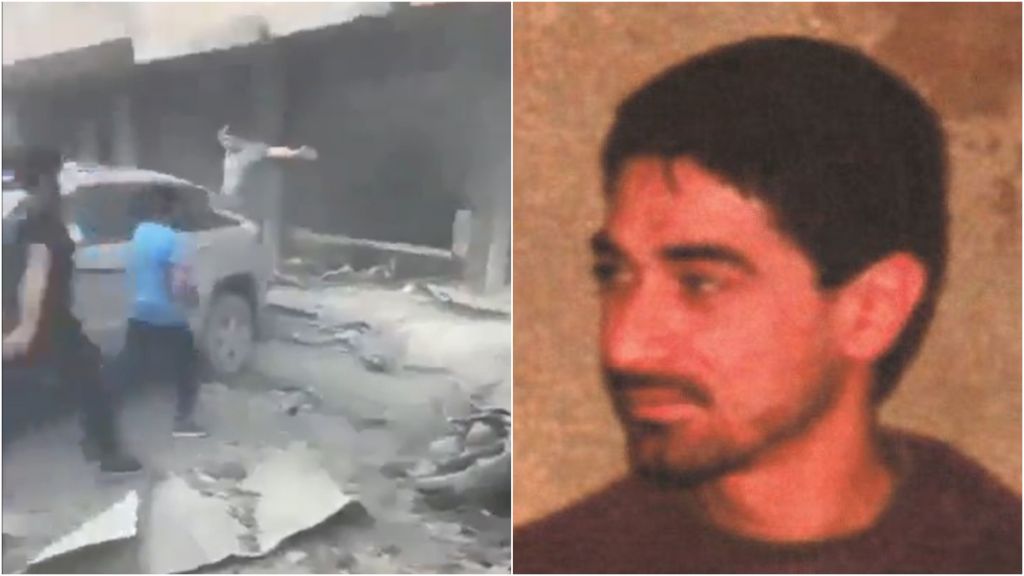
Israel announced the killing of Ibrahim Aqil, a top Hezbollah commander, in a targeted strike on Friday in Beirut, the stronghold of the Iran-backed group. Aqil, head of Hezbollah's elite Radwan Force, was reportedly attending a meeting with other senior commanders when the strike occurred, which also claimed the lives of about 10 other top Hezbollah leaders. Hezbollah confirmed Aqil's death, honouring him as 'one of its great leaders.'
IDF Spokesperson Hagari: “I can now confirm that Ibrahim Aqil was eliminated together with other senior terrorists in Hezbollah’s Radwan Forces.”
— Nazi Hunters (@HuntersOfNazis) September 20, 2024
“Ibrahim Aqil had the blood of many innocent people on his hands.”
WATCH pic.twitter.com/XqWQT1HQFw
Who Is Ibrahim Aqil?
According to an NDTV report, Ibrahim Aqil played a major role within Hezbollah's military structure, holding the position of second-in-command after Fuad Shukr, who was killed by Israel in a similar strike in July 2023. Like many Hezbollah leaders, Aqil was known by his nom de guerre, Hajj Abdul Qader, and little public information was available about him. His Radwan Force led Hezbollah's ground operations, a concern for Israel, which has repeatedly called for Hezbollah fighters to be moved away from the border region.
| JUST IN: Hezbollah's top military commander, Ibrahim Aqil, has been targeted in Beirut, Lebanon.
— World life (@seautocure) September 20, 2024
Aqil was Hezbollah's main commander in South Lebanon and Nasrallah's second-in-command after Shukr's assassination.
He was wanted by the FBI for the 1983 bombings of the US… pic.twitter.com/NJL6uhaICB
Aqil had a long history of involvement in major attacks, making him a prominent figure wanted by the United States. He was linked to the 1983 bombing of the U.S. Embassy in Beirut, an attack that killed 63 people. The U.S. government had placed a USD 7 million bounty on Aqil, labelling him a principal member of the organisation that carried out the embassy bombing. Additionally, Aqil was connected to the hostage-taking of two Germans in the 1980s and bombings in Paris in 1986.
Aqil Was Termed As Specially Designated Global Terrorist In 2019
In 2015, the U.S. Treasury Department sanctioned both Aqil and Shukr as terrorists. Four years later, in 2019, the U.S. State Department officially designated Aqil as a 'Specially Designated Global Terrorist.' These measures underscored Aqil's deep involvement in terrorist activities over several decades, marking him as a significant figure in Hezbollah's operations.
The Israeli strike that eliminated Aqil is just one part of a broader conflict between Israel and Hezbollah. In the days leading up to the strike, thousands of Hezbollah operatives' pagers and walkie-talkies reportedly exploded, resulting in 37 deaths and thousands of injuries.
The loss of Aqil is seen as another major blow to Hezbollah's leadership and operational capacity. This latest development adds to the escalating tensions in the region, where Hezbollah’s influence, backed by Iran, continues to be a key factor in the ongoing Israeli-Lebanese conflict. Aqil's death represents a notable shift in the power dynamics of Hezbollah's military leadership.